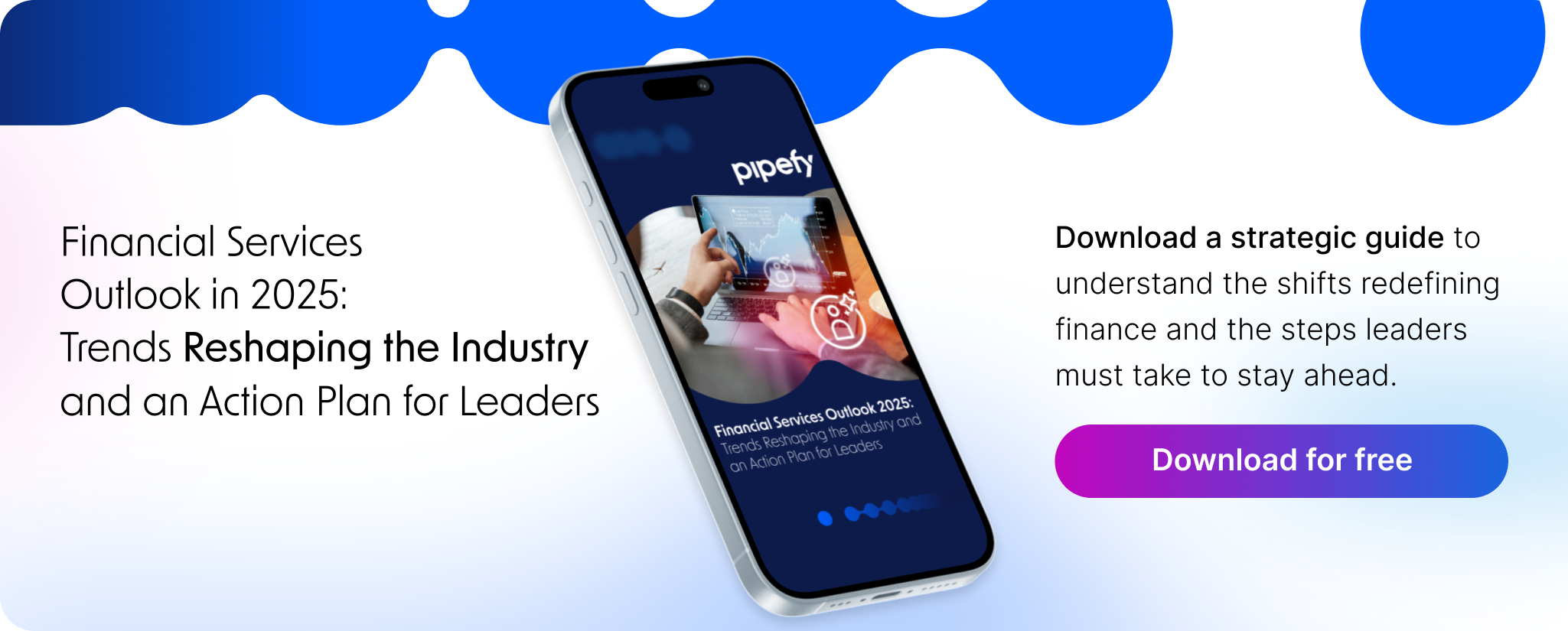ARTICLE SUMMARY
Daily planning is highly underestimated by 9 out of 10 people... and it shouldn't be. If you're like these 9 people, read this article and change your mind!

If you reached this article you probably are not that good with daily planning, right? Like many of us. It’s normal. We haven’t born with the ability to plan, be organized neither with the gift of productivity. It’s all about creating the habit of doing things that improve our efficiency
So let’s take a look at the importance of daily planning and how to apply it.
Why is daily planning so important?
Introducing daily planning into your routine is an easy – but essential – step to create balance in your life: it allows you to clearly separate the time you spend working and the time you have for everything else (this is essentially important if you work from home, these lines tend to get a little blurry).
Here are a few reasons why you should consider introducing some planning into your life sooner rather than later:
- It can make your life a lot less stressful: Knowing what to expect from the day ahead of you (and having an action plan to go through it all) considerably reduces the amount of stress for the next day;
- It allows you to evaluate yourself: Having plans allow you to analyze whether you’re sticking to them, evaluating your own ability to stay – or not – on schedule;
- It helps you be prepared: You can’t predict the obstacles that may occur, but part of your planning routine can be having a contingency plan for an emergency or unexpected situations – it’ll help avoid panicking.
How should you go about your daily planning?
That depends! Each person works differently so, your daily planning will be as unique as yourself. Some experts advise you should plan your whole day the previous afternoon, others prefer doing it at the first thing in the morning. Test what works for you.
Talking about crossing things of your list, that’s another thing that comes with daily planning: the sense of accomplishment of moving card after card into the “done” phase – small victories are important and motivating, so each task you get done is a small victory in itself.
The one thing that doesn’t change is: you have to start your planning by clearly defining your goals – from then, you’ll go on to the necessary tasks to accomplish the goals you’ll define. If you’re only planning the day ahead, those will be smaller tasks but, if you’re planning your entire week, you can broaden your horizons.
It’s very important that each task has a priority level, an estimated time to be completed and, if possible, a due date – that’ll allow you to better organize them all throughout your days.
If you decide to trace weekly planning, it’s important to take a few minutes every day to evaluate your progress and analyze the tasks you have to do for the day – if your planning is on track, if you’ll need to re-prioritize tasks, change due dates, etc.
Tasks, Projects and Processes
We already discussed the difference among tasks, projects and processes here. They are three different types of management, but sometimes combining them is the best way to manage your — and your team’s — work.
And using a tool to help you manage your daily work you’re already one step ahead of the competition. These apps, such as Pipefy, offer you smart, logical techniques to prioritize and boost your productivity.
Give Pipefy a try and see how it can help you in many situations. From your daily work to manage a complete department. Take a look at our best solutions:










